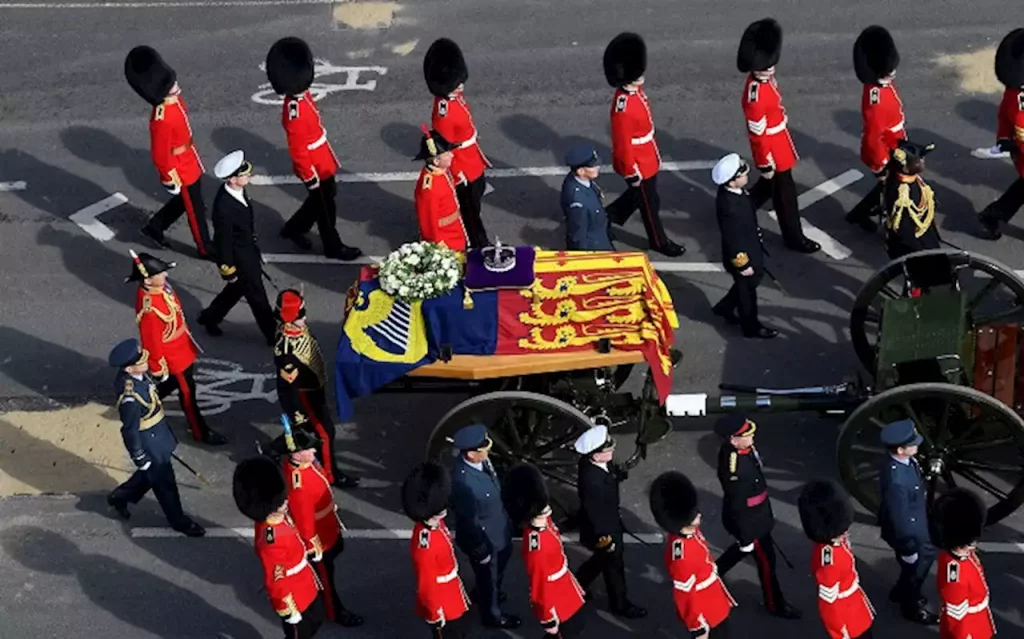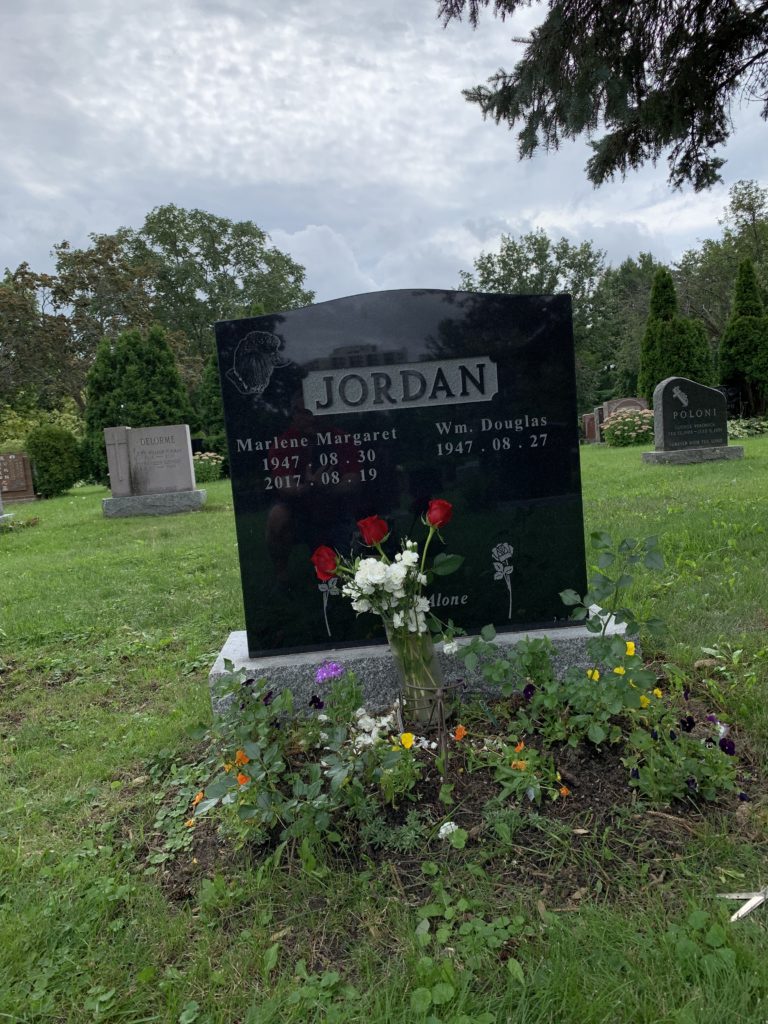The death of Queen Elizabeth II could not help but bring a pause to all our lives. It marks the end of an era, the beginning of a new reign, and a moment to reflect on the changes that come to us all, even if we don’t think so.

Queen Elizabeth, Queen of the Mother of all Democracies, Britain, and by happy consequence, Queen of Canada and the other Dominions as well. It is a shame that so many people have no comprehension of history, no real understanding of the Monarchy in modern democratic governments (under the Westminster system) and no appreciation of the sacrifices the Queen, and now King Charles III, have made for the benefit of all of us who are so lucky to live under this system. The Queen herself is a product of history, able to trace her ancestry, even though fragmented, back 1000 years. She could also trace the gradual erosion of Royal power since the barons confronted King John in Runnymede meadow in 1215. And in the last 70 years she reined over the gradual erosion of the breadth and extent of the British Empire. To a lesser person (and there are many Anglophiles and monarchists still who lament this) this loss would be a huge burden to bear, but Queen Elizabeth not only graciously accepted this transition, she contributed hugely to stabilizing those countries who evolved to self-rule while respecting the traditions and institutions of this form of government – Constitutional Monarchy. The institution of Monarchy, and the embodiment of the Monarchy in the personage of the Queen, has ensured a comparatively smooth transition to autonomous states in countries across the world. (The oblivious exception to that, hugely, was the tumultuous separation of the states of India and Pakistan from the British Raj, which was hardly the fault of Britain but the intractability of a Gordian knot.)
Even with the death of the Queen the Monarchy lives on. The Queen is Dead. Love Live the King. The rituals of marking the Queen’s passing allows time for the public to accept the transition to the new monarch while the machinery of government grinds on and the people are secure in the peaceful continuation of government. This might be compared with so many republics, and dictatorships for that matter, that go through paroxysms of uncertainty and even violence when one regime passes to the next. Even that shining tower on the Hill suffered a traumatic transition with the challenged electoral result of Biden over Donald Trump.
I am in The Philippines as this pageantry plays out. Filipinos have very little connection to Britain, more to the very different Spanish Empire, and then the adolescent efforts of America to influence the future of The Philippines. The Philippines has a functioning democratic Republic on the American model, but has been through a number of paroxysms in its 100 year history. And yet it has echoes of the ancient British institution: the rule of law and the independence of the courts. Perhaps surprisingly, many Filipinos are aware of Queen Elizabeth, and like millions of Americans, have a certain longing for the spectacle and symbolism of monarchy.
As in any major loss of the predicable, the certainty, the love and affection, those who must carry on are entitled to grieve, to reflect and feel sadness for the endings of an era.
And yet we survive this transition and face new beginnings.
It may seem a stretch to compare the death of Elizabeth Alexandra Mary Windsor with our own everyday lives but it is natural, if unconscious to do so. We have all been through the loss of a loved one – a mother, a father, a spouse – and her death is symbolic of all the loses we have personally had, and the losses we are yet to have.
How ironic it is to have Elizabeth, present as a symbol of British tradition for almost 100 years, now absent from all this pageantry, and history and symbolism involving her death and her journey to her final place in a crypt in Windsor Castle, and she is not there to witness it, only present in a casket.
This will be the experience of all of us one day, though on a much more modest scale. One day we are alive, the next day we are not, yet the world lives on without us.
I am very conscious of my own future – I am certain I will not live to age 96 – and of my Filipina ‘asawa’, Carmen. We have already determined that we will not be together when our lives are done. I will be buried with Marlene in Pinecrest Cemetery in Ottawa; Carmen has purchased a family plot in Heavenly Gardens in Trece Martires to be close to her family. As the days and maybe the months and years zoom along I dread the day when it will be apparent that we can no longer be together any more. I will die, I hope peacefully as Elizabeth did, and I will not ‘be there’ at my own funeral, the one I have already planned, perhaps more modest than the ER II Funeral. Neither will Carmen be present at my funeral, nor me at hers. Afterwards, the trees, the roads, the buildings, Parliament, Malacañang, will still be there, with people walking by, and our family picking up the pieces of their lives without us.

I hope each of us leaves behind a legacy that our families will be able to honour. Perhaps not to the same extent as Queen Elizabeth, but valued nevertheless.
Doug Jordan,
Trece Martires, The Philippines.
